In naming their streets, the Americans were obviously torn between two basic emotions. First, they were a practical people, and vastly admired themselves for being so. Numbered and lettered streets thus attracted them greatly. One writer declared that a good street plan was incomplete:unless there exists an orderly and methodical system of suitable names, so arranged as to enable the resident and the stranger within its gates to ascertain for themselves and without needless trouble or delay the relative positions of the different highways through which they might be called to pass.Boston and Baltimore failed entirely to meet this requirement, and were rejected. Washington raised undue complications, and tended to defeat its own object. New York was the ideal of practicality, with the result that of all great cities it remains (with the exception of its downtown district) the easiest for anyone, resident or stranger, to find his way around in. Philadelphia was a compromise.Its strength lay in that very fact. For, besides being practical, the Americans were like all peoples in having a strong tinge of sentiment in association with names. Names may be poetry; they readily become symbols of patriotism, achievement, or love of home. Numbers and letters sometimes attain symbolic value, but less easily and often.
 |
| [Halloween on the Green Line.] |
*** CLICK ON IMAGES FOR LINKS! ***
*** ***
*** ***
*** ***
*** ***
*** ***
*** ***
*** ***
*** ***
*** ***
*** ***
*** ***
*** ***
*** ***
*** ***
*** ***
*** ***
*** ***
*** ***
*** ***
*** ***
*** ***
*** ***
*** ***
*** ***
*** ***
*** ***
*** ***
*** ***
*** ***
*** ***
*** ***
*** ***
*** ***
*** ***
*** ***
*** ***
*** ***
*** ***
*** ***
*** ***
*** ***
*** ***
*** ***
*** ***
*** ***
*** ***
*** ***
*** ***
*** ***
*** ***
*** ***
*** ***
*** ***
*** ***
*** ***
*** ***
*** ***


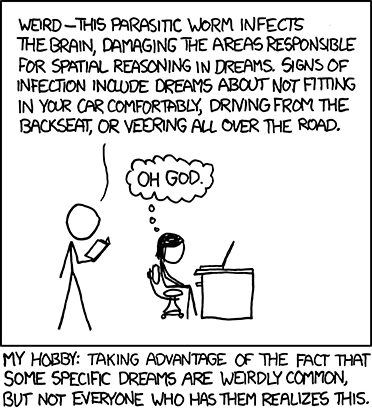
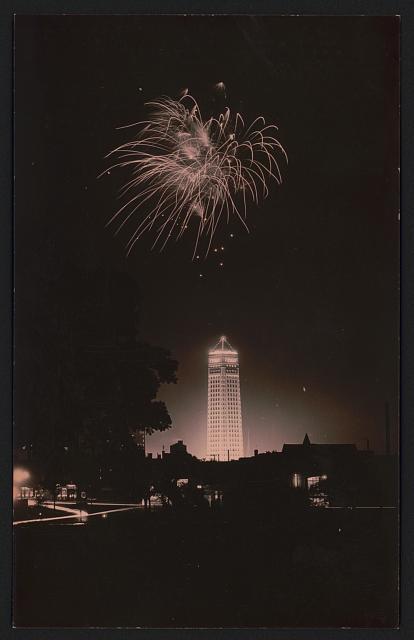
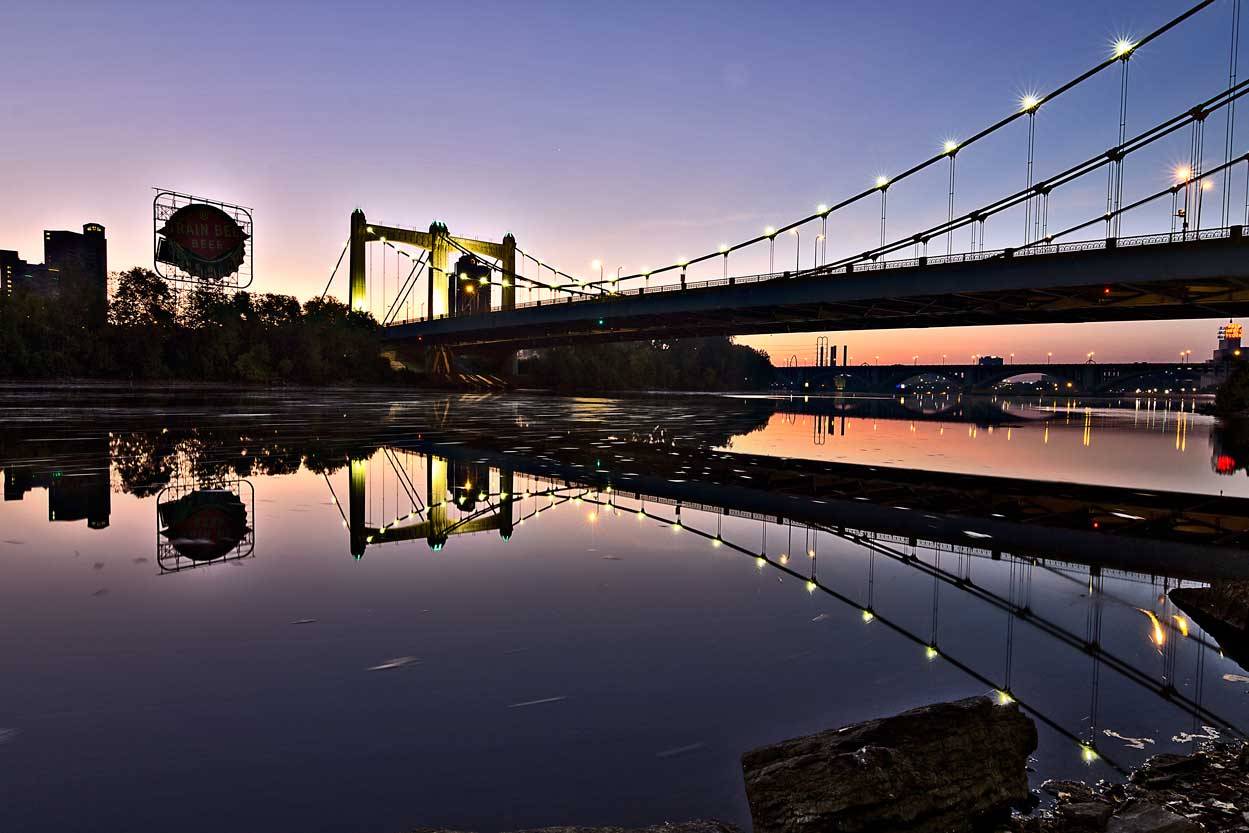


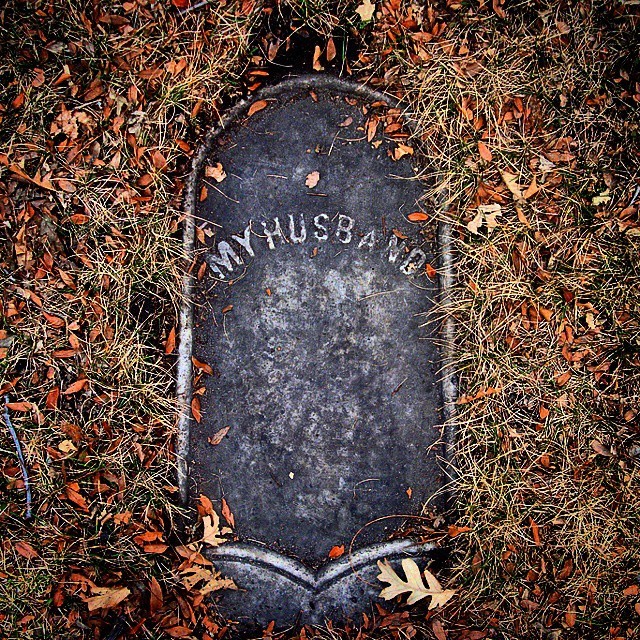
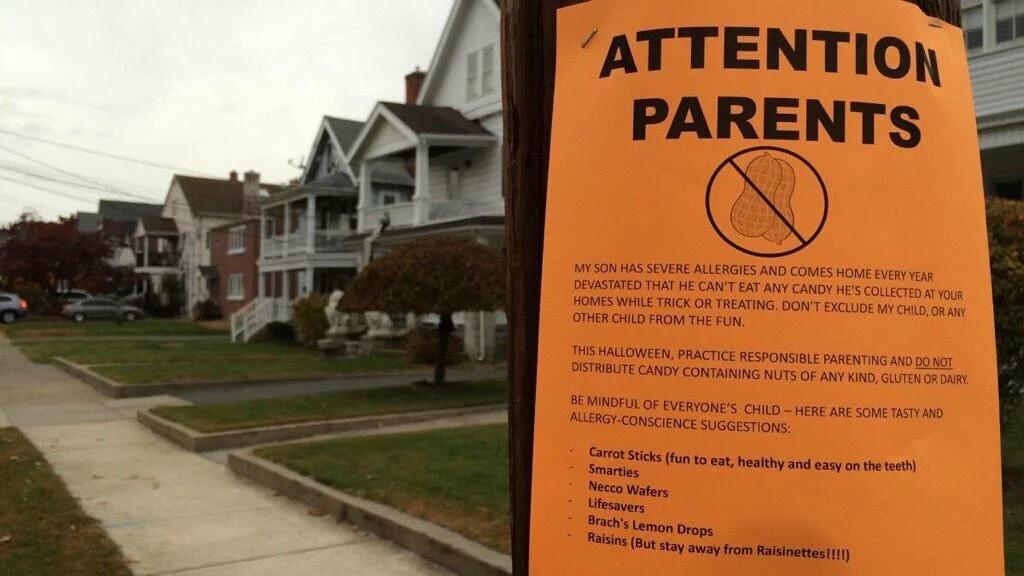
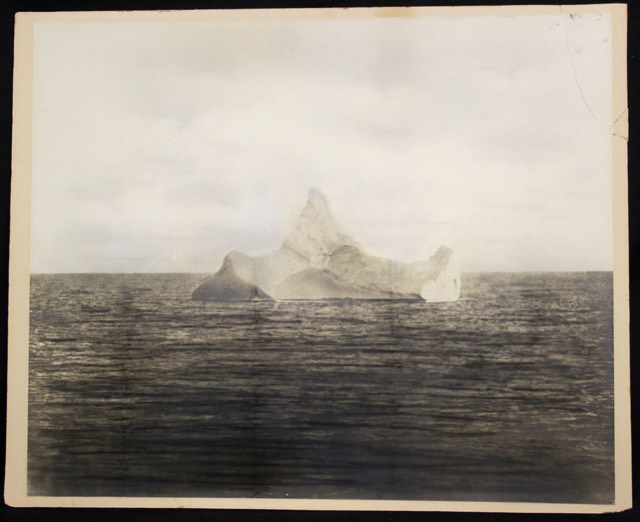




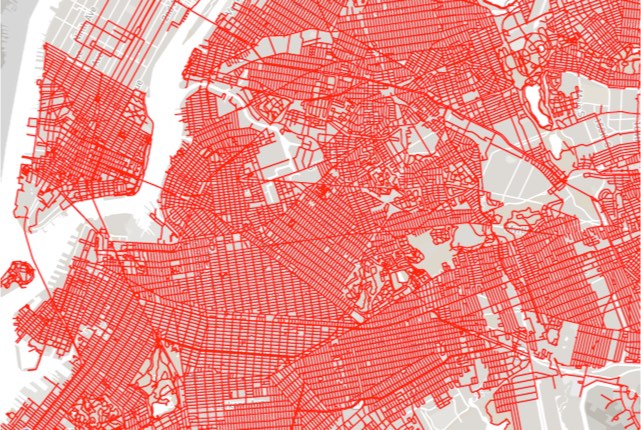
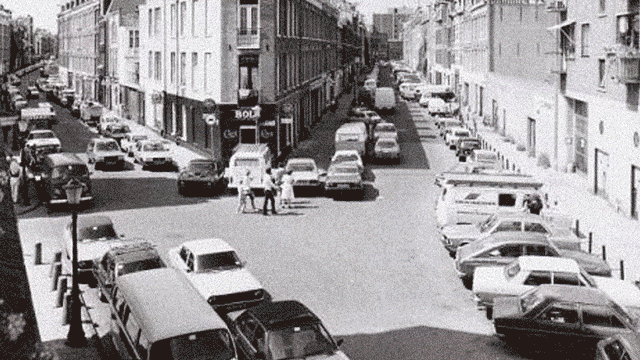


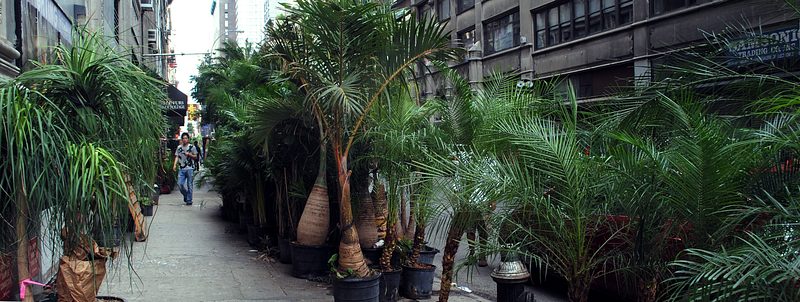




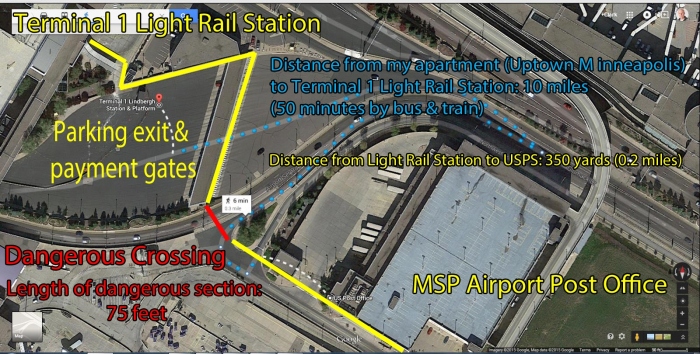

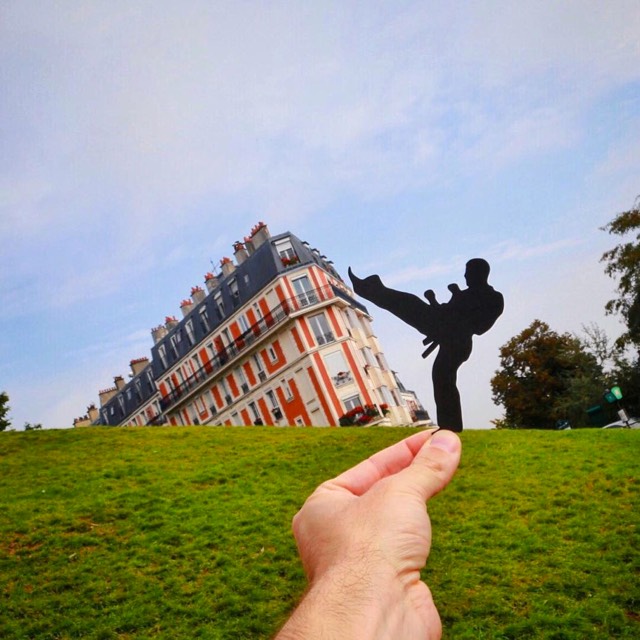
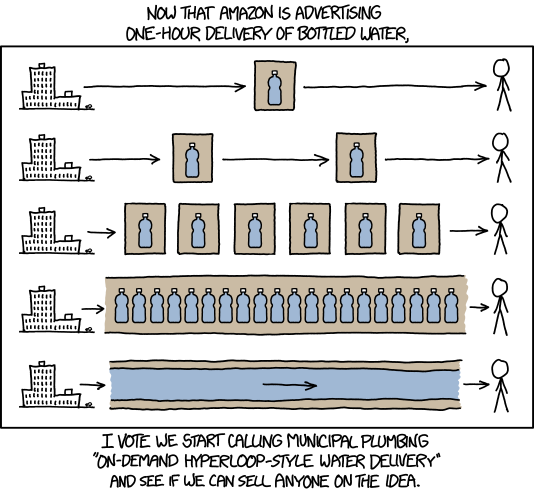
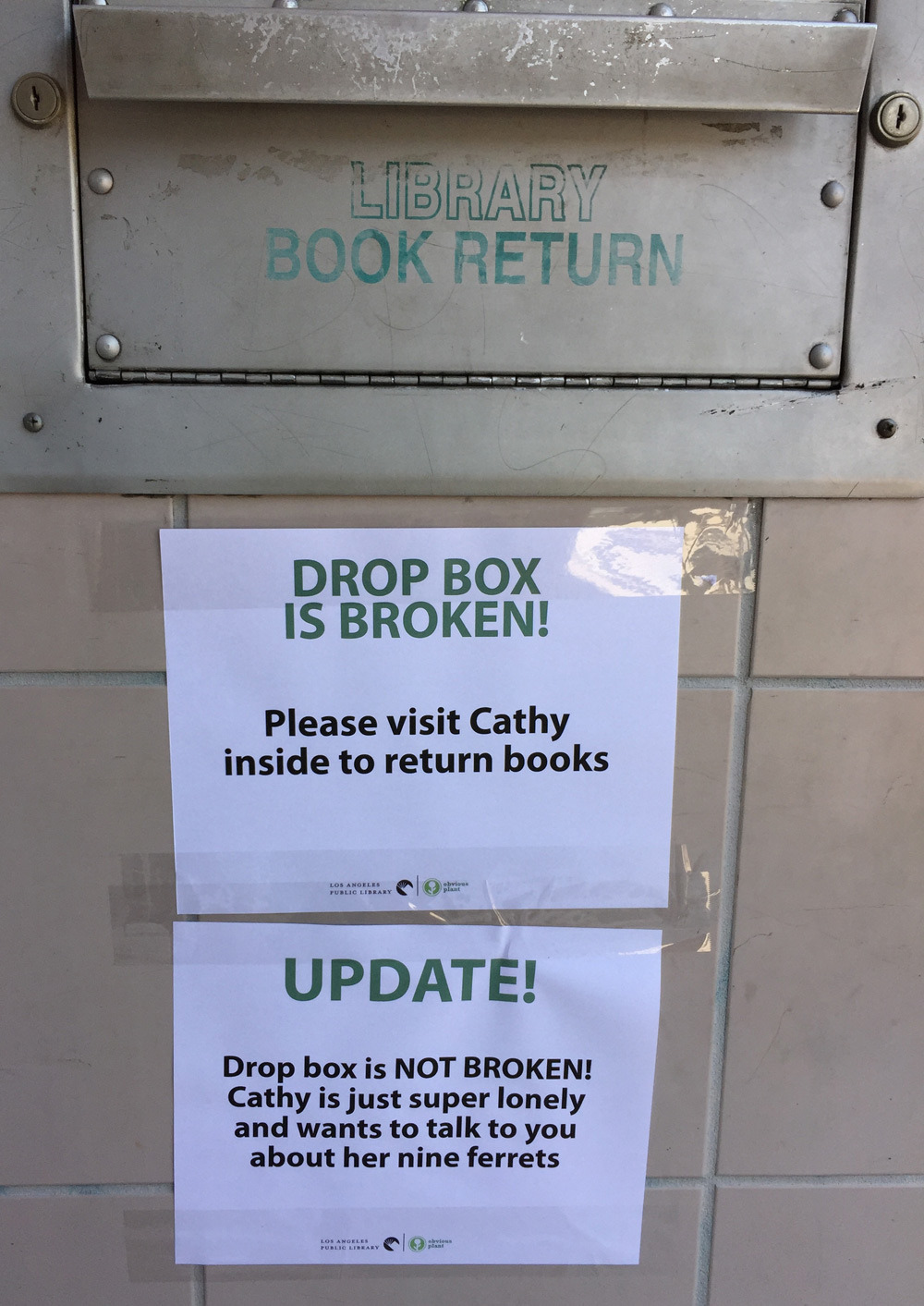

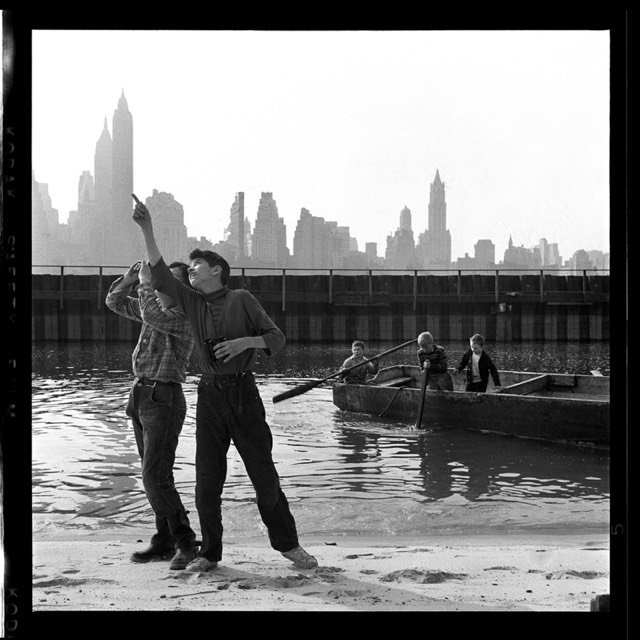
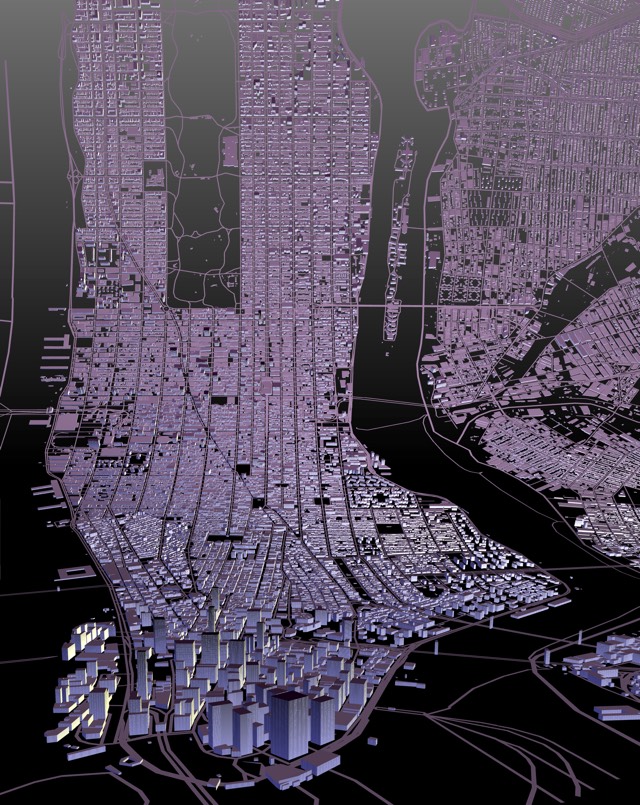

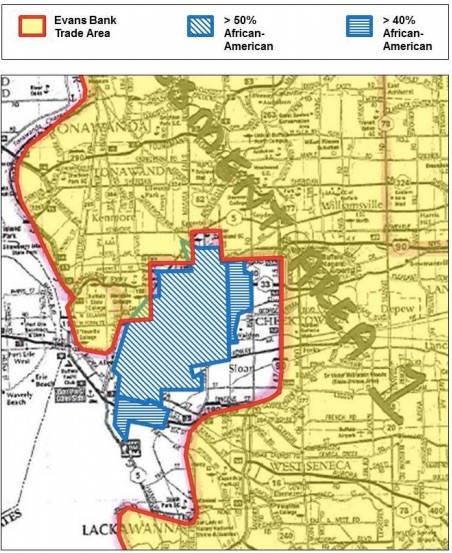



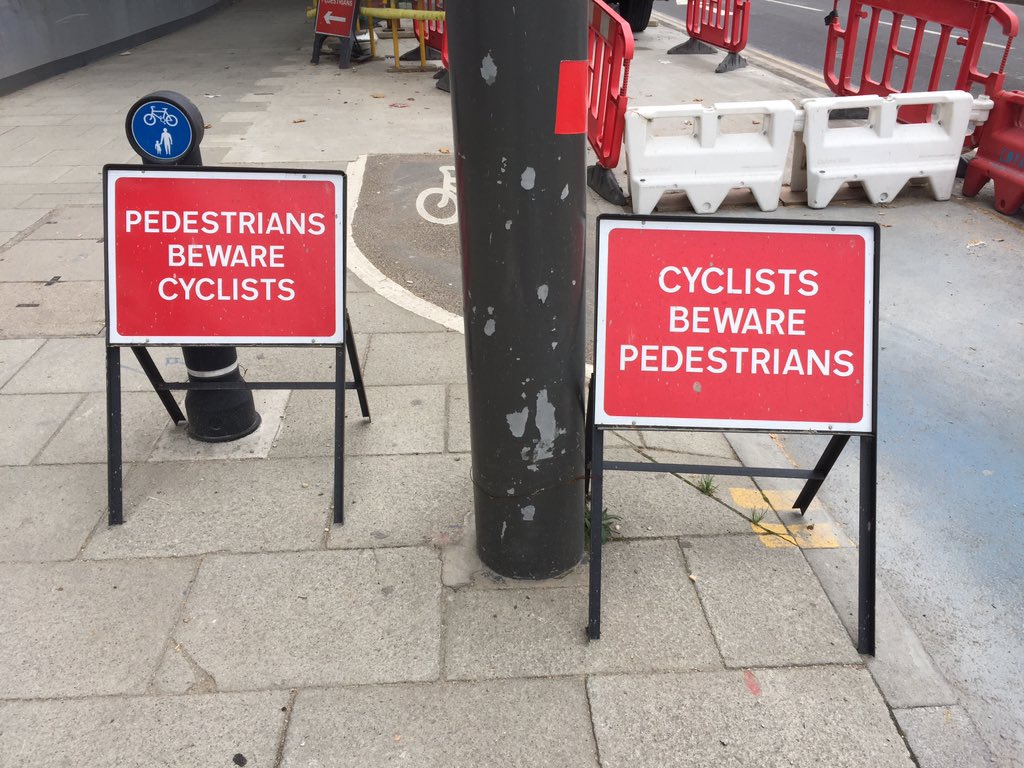
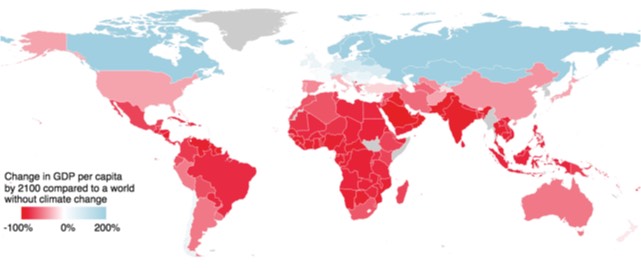


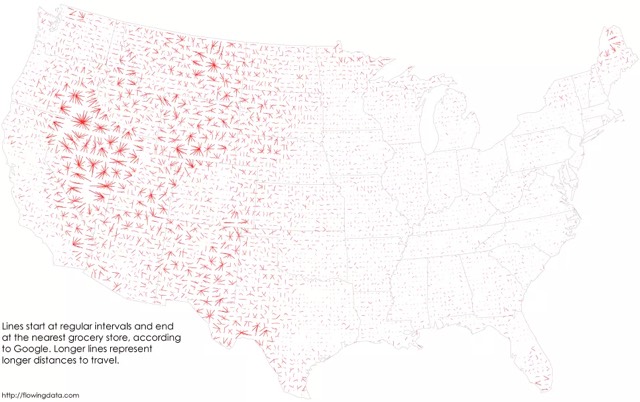

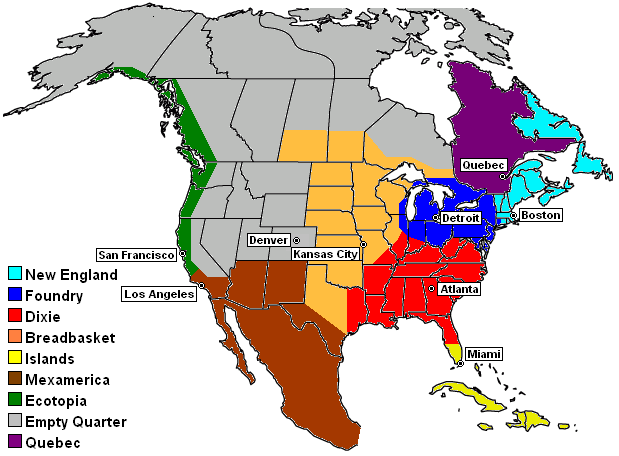

No comments:
Post a Comment